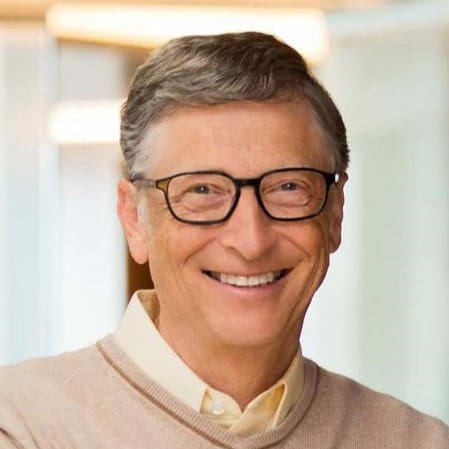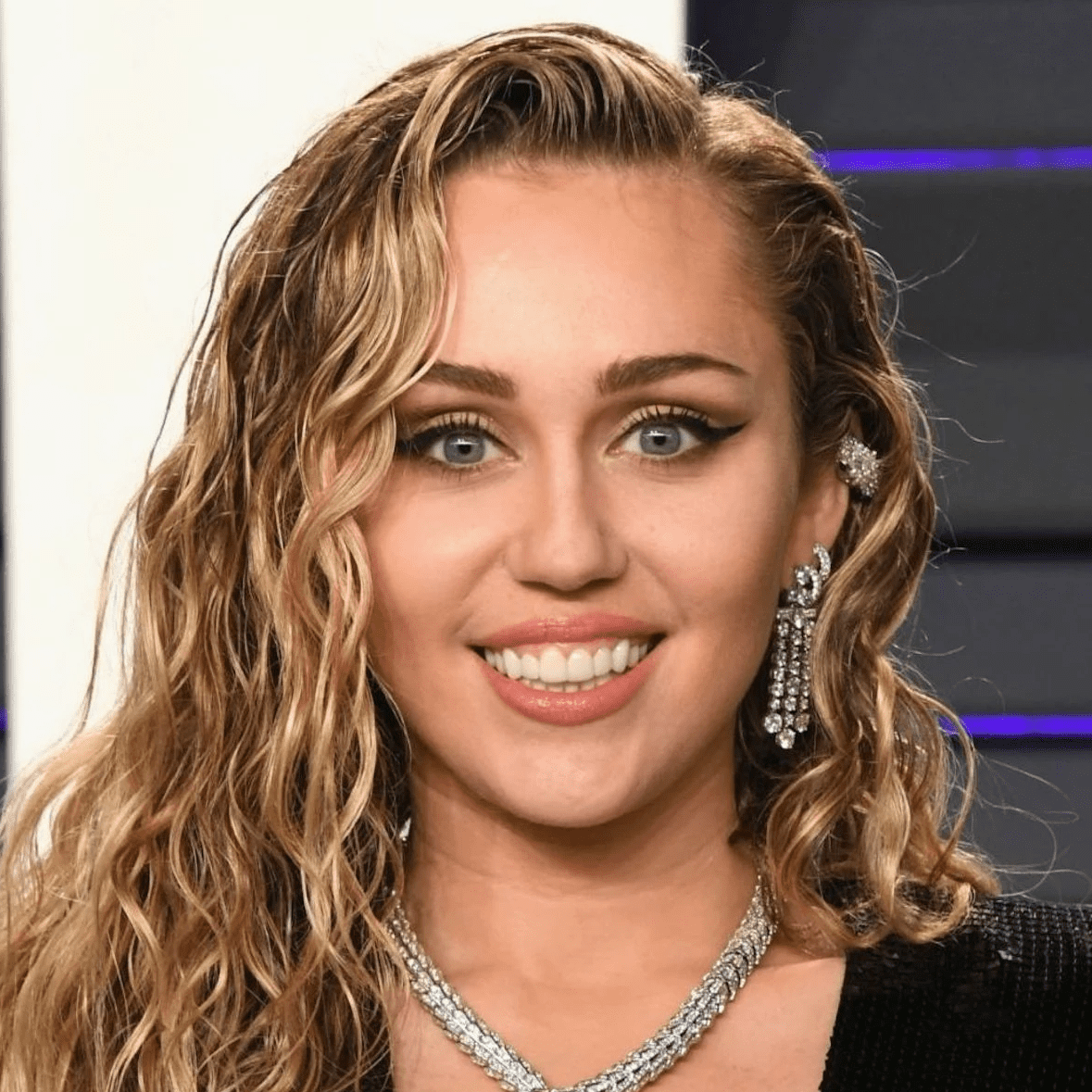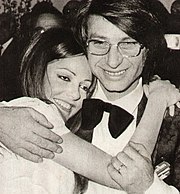Design
Design
Personality
Chart Properties
Your Cross represents the specific theme of your life. This cross embodies your unique potential & the lessons you're here to learn, providing a roadmap to fulfilling your life purpose.
We use the UTC birth time and date to do the calculations required to generate your Human Design chart.
Buy Tokens
Pay as you use, no expiry and no subscription required.Prompt Ideas
Get inspired with some epic prompt ideas.Dustin Hoffman's Biography
American actor who has created some of the most unforgettable characters in the history of cinema, winning two Oscars and five Oscar nominations plus an Emmy in his 30 years of work. By anyone’s reckoning he is one of the country’s two or three most accomplished actors, arguably the most influential male presence in American cinema since Marlon Brando. “You’re always looking for something that ultimately you probably know is beyond your reach,” he says, wondering if he might every be a writer – an artist – a musician, and knowing that his unfilled notebooks are just a symbol of the many pages that will remain empty. Though he may speak with regret for the compromises he’s made, the goals he has not reached, at the same time Hoffman appreciates those pages which he has so admirably filled, reflecting on his career with obvious pride,
As a kid who was short and homely, with acne and braces, he studied music and planned on being a concert pianist. His dad was a first-generation Russian Jew, stern and emotionally remote, who worked as a prop supervisor at Columbia before becoming a furniture salesman. The boy made mediocre grades at Santa Monica City College, but a professor there turned him on to theater and he enrolled at the Pasadena Playhouse. While there, he made friends with another student, Gene Hackman. Together they headed for New York to study under Lee Strasberg.
The first years were tough. He worked in a psychiatric hospital, waited table, washed dishes, typed, sold toys at Macy’s. New America theater was happening in New York in the ’60s and Hoffman was in the swim of it. His career was beginning to move, when in 1965 he drew notice in a role, “Harry, Noon and Night.” A year later he won an Obie for the Role of Zoditch in “Journey of the Fifth Horse.”
His first screen test for “The Graduate” in 1967 was such a disaster that when he dropped a subway token, a crew member picked it up and handed it to him, saying “Here kid, you’re gonna need this.” Mike Nichols, the director, stuck with him and his lead role earned him a Best Actor Oscar nomination and made him an instant star.
His most memorable films include “All the President’s Men,” “Tootsie” and the two for which he won Oscars: “Kramer vs. Kramer,” in which he played a suddenly single father along with Meryl Streep, and “Rain Man,” in which he played an autistic savant along with Tom Cruise. He also received a Best Actor Oscar nomination for “Midnight Cowboy,” 1969. Hoffman won his Emmy for the TV production of “Death of a Salesman,” and finally received the Best Actor Oscar award for “Kramer vs. Kramer” in 1979. Not every film was a winner, there were duds along the way, such as “Ishtar,” 1987. Director Arthur Penn remarked, “He can’t distinguish between a pimple and a tumor. Everything involved his total attention and he is so meticulous that it is exhausting.”
He was married to Anne Byrne 1969-1980; two kids. In 1980 he married Lisa Gottsegen; four kids. One of the most arduous periods of his adult life occurred in 1980. In June, his mom, Lillian, suffered a heart attack and then a stroke. The following year his wife Lisa had to have a C-section to deliver their first son, Jacob, a boy who had hyaline membrane (underdeveloped lungs). His wife and boy recovered but his mom did not make it. She died as he went into the production of “Tootsie.”
In 1987, as a business venture, he bought a mile of commercial property in Malibu, CA. From a salary of $20,000 for his role in “The Graduate,” he was now commanding $6 million for a picture.
Link to Wikipedia biography
Dustin Hoffman
Your Cross represents the specific theme of your life. This cross embodies your unique potential & the lessons you're here to learn, providing a roadmap to fulfilling your life purpose.
We use the UTC birth time and date to do the calculations required to generate your Human Design chart.






